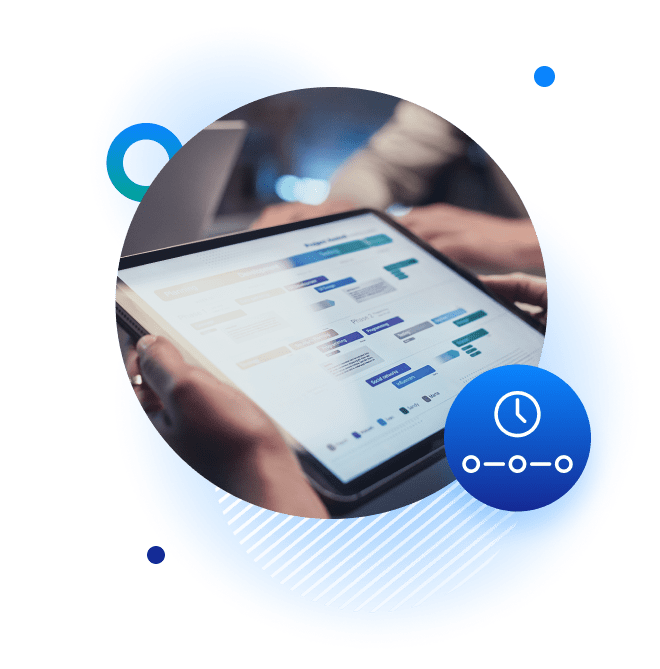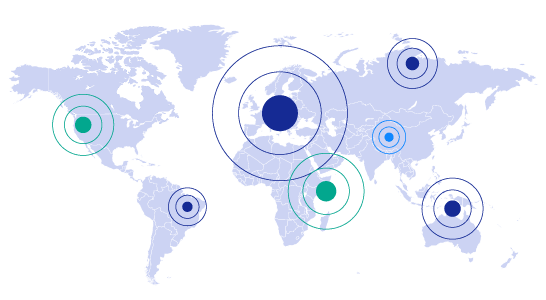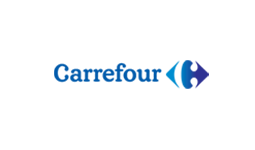


In B2G relations, the regulations introduced in Germany oblige suppliers to send e-invoices to German public administration units (at the federal level). Therefore, area suppliers for German public administration institutions are obliged to send them structured e-invoices in accordance with the rules. Invoices in PDF format are not accepted, and only files created in the appropriate document format, such as Xrechnung are valid. The German B2G e-invoicing system is decentralized. The access points for receiving B2G e-invoices from suppliers at the federal level are the ZRE and OZG RE platforms. At the state level, each state can choose to use the central government platform or other systems (or none at all). For now, all companies in selected states such as Mecklenburg-Western Pomerania, Saarland and Hamburg, Bremen, Saarland and Baden Württemberg and doing business with public entities should use structured electronic invoices.

B2B e-invoicing remains optional. At the end of 2022, the German government applied for permission from the European Commission to introduce mandatory e-invoicing to be able to introduce mandatory e-invoicing as soon as possible to combat VAT fraud.
After the changes that were announced in July 2023, from January 1, 2026, German companies will be required to issue electronic invoices for VAT-taxed transactions, while from January 1, 2025, electronic invoicing will be voluntary. This obligation will apply when issuers and recipients of invoices are based in Germany (including foreign companies established in Germany) but will not apply to B2C transactions, which are exempt from VAT. Mandatory e-invoices must comply with CEN, the European Committee for Standardization standard. No other country has made such an obligation so far, so Germany is a pioneer in the area of CEN compliance. The authorities are considering the EU's 'VAT in the Digital Age' ('ViDA') as part of the 2028 e-invoicing requirement for cross-border invoices.
As part of the transition period, which will be implemented from January 1, 2025, to December 31, 2027, e-invoices that do not comply with CEN will still be accepted under certain conditions. However, it will be required to transmit them via EDI and give the recipient's consent to such an invoice format. This means that to exchange existing non-CEN compliant formats (e.g., EDIFACT, VDA, X12, TRADACOM, etc.), the consent of all recipients must be obtained.


At the federal level there are two platforms: ZRE and OZG-RE. ZRE (the Zentrale Rechnungseingangsplattform) is a platform for sending e-invoices directly to the German federal administration. Platform for sending e-invoices indirectly to the German federal administration is OZG-RE (the Onlinezugangsgesetz-konforme Rechnungseingangsplattform). The OZG-RE (Online Access Act compliant e-invoice platform) features a PEPPOL interface.
At the sate level there are numerous platforms such as SH Portal in Schleswig-Holstein, Elektronische Poststelle in Hamburg, NAVO in Lower Saxony, zERIKA in Bremen, NRW in North Rhine-Westphalia, RLP in Rhineland-Palatinate and Zentraler Rechnungseingang in Baden-Württemberg, RLP in Saarland.
An official B2G e-Invoice format is XRechnung. File in XRechnung format can be sent using one of many transmission channels, such as the German ZRE, OZG RE, VPX platforms, as well as the European PEPPOL network.

In Germany, the required format for B2G invoices is XRechnung. This is an XML-based semantic data model that complies with the European standard EN 16931 and is a response to the CEN standard (CEN/TC 434). Other formats, such as ZUGFeRD 2.0 or Factur-X, are still valid for B2B transactions, but all suppliers to the German public administration are required to switch to X-Rechnung.

Qualified Electronic Signature is one of the accepted methods. Data sealed with a qualified electronic seal enjoy the presumption of integrity and authenticity.
We have 20+ years of experience in carrying out various EDI, e-invoicing, and other document exchange projects around the world. In those years, we have successfully connected more than 130,000 entities from over 60 countries.
Full compliance with the latest data exchange regulations and modern data transfer standards
Applying new technologies and IT solutions in order to streamline workflows and automate activities and procedures
Tailor-made solutions based on processes specific to each company – own road map and a suitable pace of changes
Highest level of security for all sensitive and important company data
The German B2G e-invoicing system is decentralized. The access points for the reception of B2G e-invoices from suppliers at the federal level are the platforms ZRE and OZG RE. At state level, each state could opt to use the central government’s platform or other systems (or none).
Qualified Electronic Signature is one of the accepted methods. Data sealed with a qualified electronic seal enjoy the presumption of integrity and authenticity.
Storage period: 10 + 3 years
XRechnung is an XML-based invoice format preferred by German authorities, fulfilling the criteria of the European core calculation and being the response to the CEN standard (CEN/TC 434). Other formats, such as ZUGFeRD 2.0 or Factur-X, are expected to remain applicable for B2B transactions, but all suppliers for the German public administration will be obliged to switch to X-Rechnung.
An XRechnung file can be sent via one of the many transmission channels, such as the German ZRE, OZG RE, and VPX platforms
For now, all companies in selected states such as Mecklenburg-Western Pomerania, Saarland and Hamburg that are doing business with public entities should use structured electronic invoices. B2B e-invoicing remains optional.
All companies making B2G transactions in following states:




















